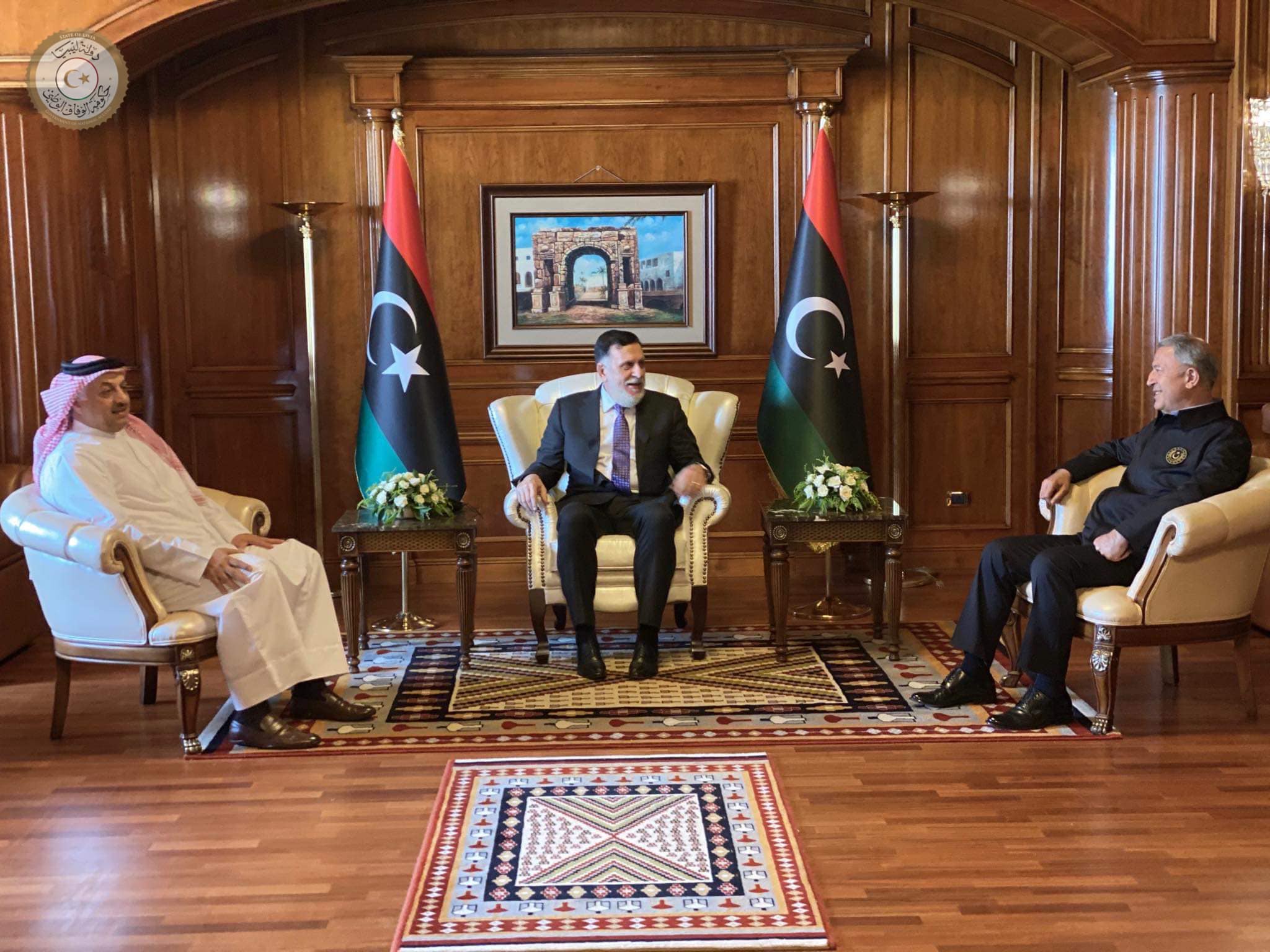Secretary Clinton has noted that “What we are learning around the world is that if women are healthy and educated, their . . .[restrict]families will flourish. If women are free from violence, their families will flourish. If women have a chance to work and earn as full and equal partners in society, their families will flourish. And when families flourish, communities and nations will flourish.” These words have particular relevance as we celebrate International Women’s Day around the world and as we continue to make strides for women’s progress.
On December 10, 2011, the Nobel Peace Prize was awarded to three extraordinary women who have led the fight for human rights and democracy in their home countries – President Ellen Johnson Sirleaf and Leymah Gbowee of Liberia and Tawakkol Karman of Yemen. Their achievement signifies recognition on the world stage of the essential role that women must play in the hard work of building peace and sustainable communities in the 21st century.
In December, President Barack Obama released the first-ever US National Action Plan on Women, Peace, and Security, charting a roadmap for how the United States will accelerate and institutionalise efforts across the government to advance women’s participation in preventing conflict and keeping peace. This initiative represents a fundamental change in how the United States will approach its diplomatic, military, and development-based support to women in areas of conflict, by ensuring that their perspectives and considerations of gender are woven into the fabric of how the United States approaches peace processes, conflict prevention, the protection of civilians and humanitarian assistance.
This International Women’s Day, Secretary Clinton and First Lady Michelle Obama will host the 6th annual International Women of Courage Awards, honoring 10 remarkable women from around the world, including Libyan awardee Hana El Hebshi. These women have shown exceptional bravery and leadership in advocating for women’s rights and empowerment, often at great personal risk. Their stories represent just a few of the emerging leaders found in every corner of the world.
Yet, as we rightfully honor achievements, we must also be reminded that International Women’s Day is an opportunity to renew the call for action, investment and commitment to women’s equality. We are at a moment of historic opportunity. Secretary Clinton has referred to this era as “the Participation Age.” This is a time where every individual, regardless of gender or other characteristics, is poised to be a contributing and valued member of their society.
Around the world, we are witnessing examples of the Participation Age. This is particularly the case in Libya, where people stood up to a dictator and claimed their rights as citizens. Libyan women played a key role in the revolution and continue as active participants in Libya’s robust civil society community and in Libyan politics. One in particular, Hana El Hebshi, is being honored in Washington, DC, today for her courage displayed during the revolution. She worked, often at risk to her own safety, to get information out to the world about the crimes committed by the former regime against the Libyan people. We expect Hana and the hundreds and thousands of Libyan women just like her to fully participate in Libya’s first elections, as voters and as candidates and to help shape the new government and new society taking shape in Libya.
Women are a cornerstone of America’s foreign policy because the simple fact is that no country can hope to move ahead if it is leaving half of its people behind. Women and girls drive our economies. They build peace and prosperity. Investing in women means investing in global economic progress, political stability and greater prosperity for everyone, the world over. As we honor them today, let us renew our resolve to work for the cause of equality each and every day of the year. [/restrict]




